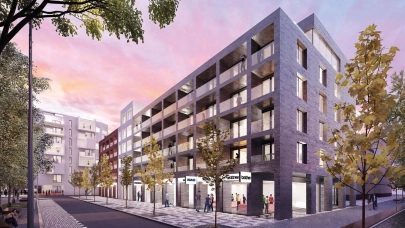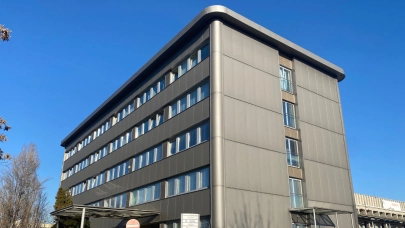
Savills World Research says that offices in core city markets around the world will be real estate investors’ focus in 2020, but with opportunities scarce and yields at record lows, many will be forced to look elsewhere. Alternative assets, such as student housing, multi-family, co-living and data centres, will therefore become increasingly mainstream. Globally, Savills says that securing income returns will remain the overarching theme for real estate investment in 2020.
In an update to its Impacts research programme, the international real estate advisor highlights its core, core plus, value add, opportunistic and alternative investment picks across the US, EMEA and Asia Pac in 2020. These vary from mixed-use schemes and offices in US ‘millennial’ cities such as Charlotte and Tampa (a core plus buy), through to co-living and student housing assets in India (an opportunistic buy), prime offices in Dubai and Riyadh (a core buy), and hospitality assets in tourist destinations in Italy, Portugal and Greece (an alternative buy).
Fraser Watson, Director of the Savills CZ&SK Investment Advisory team, says: “In the Czech Republic we predict our top-performing investment will be logistics assets as demand and supply imbalances grow and e-commerce penetration rises. The rise of e-commerce across Europe is driving demand for logistics space, led by countries where the penetration rate is highest. Good logistics schemes are becoming scarce in most European countries, and this will continue to put upward pressure on rents.”
Rasheed Hassan, Head of the Savills Cross-border Investment team, comments: “If some of the uncertainty is removed from the world market, for example, an orderly Brexit or an easing of global trade tensions, there is pent up demand waiting to invest in real estate – in many cases beyond the core assets. The comparatively attractive returns real estate can offer, as interest rates look set to remain lower for longer, will continue to drive the market.”
Paul Tostevin, Director in the Savills World Research team, adds: “Our investment forecasts are set against a muted global economic outlook and heightened political uncertainty, although the IMF forecasts a modest pick-up in global growth to 3.4% in 2020 up from 3% in 2019. Indicators show that world trade volumes will stabilise in 2020, but the environment remains fragile and this will impact investor behaviour.”
Savills five themes for global real estate investment in 2020:
- Finding the right stock: offices are the top pick for core from all our regions. The challenge is finding the investable stock. A lack of liquidity is one test, particularly in Asia where investors are holding for longer.
- Niches go mainstream: emerging niches such as residential and datacentres are now entering the mainstream in some markets. Social and technological change will drive growth but understanding operational risk is key.
- Ongoing search for income: supported by very low-interest rates and a large volume of capital seeking income returns, real estate will remain highly attractive on a global stage compared to equities and bonds.
- Don’t ignore the macro environment: micro markets still matter, but in today’s geopolitical environment, the macro environment can’t be ignored. Trade wars, populist government agendas and climate risk are all influencing factors.
- No single cycle: in spite of today’s globalised and highly connected world, it’s notable that different cities, countries and sectors are still at different points in the cycle.
What happened in 2019?
Global real estate investment volumes in 2019 finished down on the record levels of 2018 but were still the second-highest on record. Sophie Chick, Director of Savills World Research says: “This fall was not for a lack of capital, rather a lack of assets in the market. By sector, offices and senior housing saw the biggest growth in volumes over 2019, both increasing by 6%. Industrial saw more modest growth of 3% but the sector is now the third-largest globally following a 21% fall in retail investment.”



